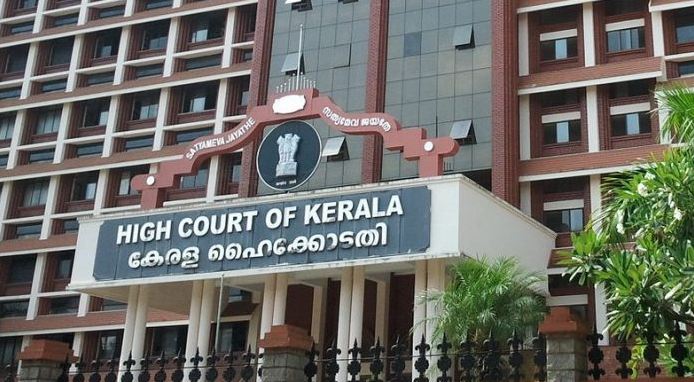In a historic judgement, which will have far-reaching consequences across the country and which will inevitably make Muslim women more conscious about their rights, the Kerala High Court has restored the rights of Muslim women for divorce without resorting to judicial proceedings. The court was hearing a bunch of cases that arose out of different proceedings before the family courts. The judgement of the division bench of Justices A Muhamed Mustaque and C S Dias found that Muslim women have as much right to extra-judicial divorce as Muslim men. Further, the court also lambasted medieval elements within the community for resisting all changes proposed in Islamic laws, which prevents the community from being in sync with the 21st century.
“There is a growing tendency to resist changes being effected upon the Muslim community with regard to the method and manner of effecting divorce consistent with the Quranic injunctions,” the division bench of the Kerala HC ruled. The court, with its latest judgement, has overruled a 49-year-old precedent set by it, which barred Muslim women from seeking an extra-judicial divorce. The bench said, “On an overall analysis of the scheme of the Shariat Act as well as the Dissolution of Muslim Marriages Act as above, we are of the considered view that the Dissolution of Muslim Marriages Act restrict Muslim women to annul their marriage invoking Faskh except through the intervention of the Court.”
“All other forms of extra-judicial divorce as referred in Section 2 of the Shariat Act are thus available to a Muslim woman. We, therefore, hold that the law declared in KC Moyin’s case (supra) is not good law,” the court added in its judgment. In KC Moyin v. Nafeesa, the High Court had declared that a woman could only resort to remedies under the Dissolution of Muslim Marriages Act and could not invoke remedies under personal law (extra-judicial remedies).
The Kerala High Court noted that Muslim women had the right to invoke a divorce with their partner on the following grounds: Talaq-e-tafwiz, where the wife can dissolve the marriage if her husband fails to keep his end of the marriage contract; Khula, where a wife can unilaterally divorce her husband by returning his dower; Mubara’at, dissolution by mutual consent, and Faskh, dissolution with the intervention of a third person such as a qazi.
Having laid the background of the modes of divorce available to Muslim women, the High Court went on to rule that in the matter of mubara’at and talaq-e-tafwiz, on being satisfied that the dissolution is being executed on mutual consent of the partners, the family court would, without further inquiry, declare the marital status. It said, “We notice family courts are overburdened with a large number of cases. The family court, therefore, shall refrain from adjudicating upon such extra-judicial divorce unless it is called upon to decide its validity in appropriate manner.”
With time, Muslim women are being accorded the rights that they have been deprived of for decades. The precedent set by the Kerala High Court must be followed across the country, so as to make life for Muslim women less miserable.
